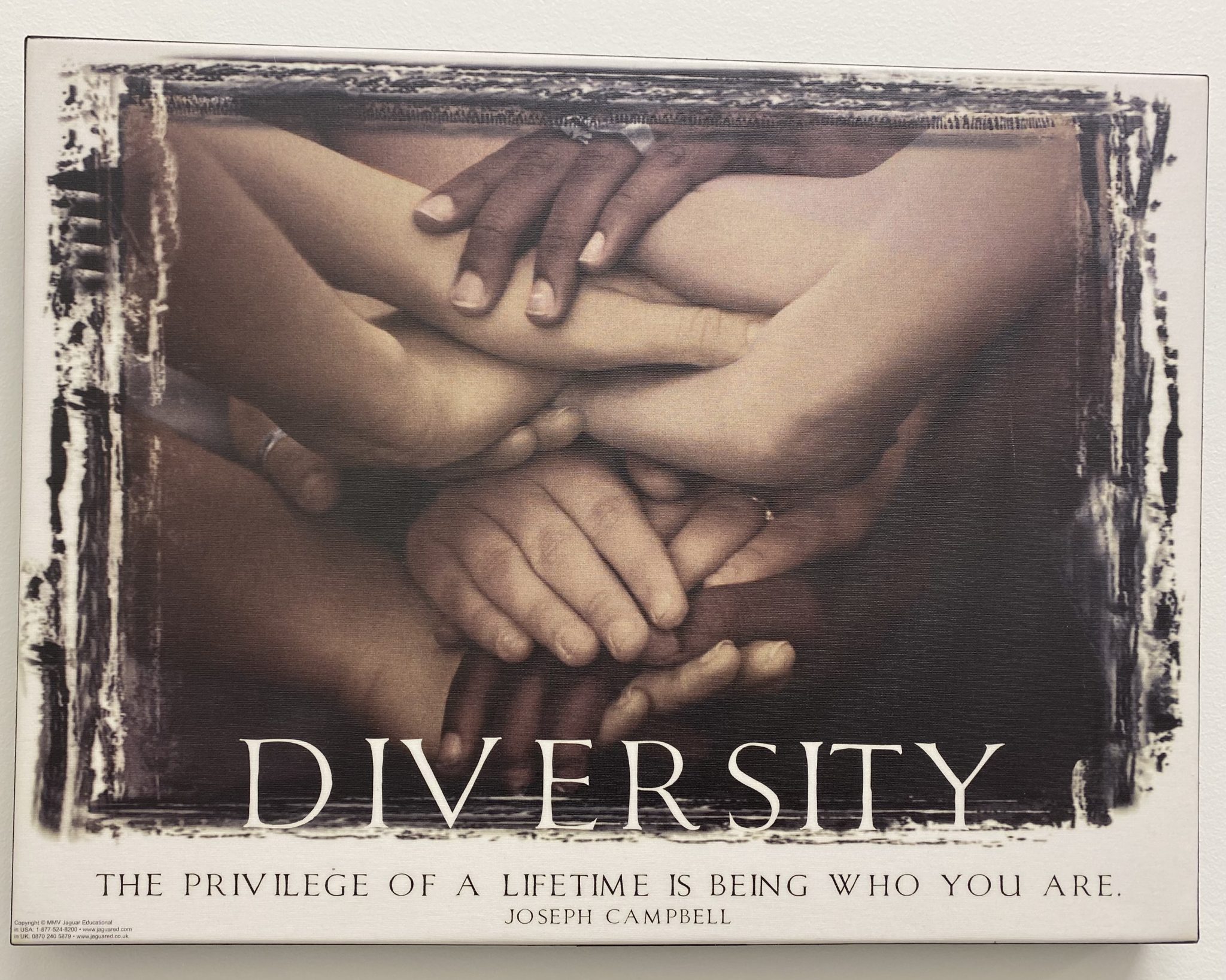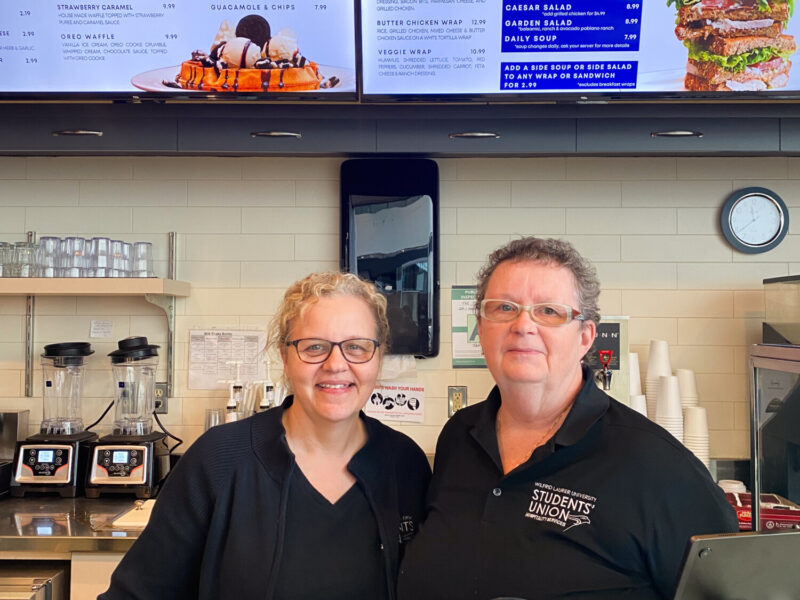Photo Credits to Serena Anagbe
Last month, Wilfrid Laurier University launched their first Strategic Plan for Equity, Diversity and Inclusion (EDI) after the university’s Senate and Board of Directors approved it in a unanimous vote.
The plan was created by the Strategic Planning Committee for EDI, which was made up of Laurier’s senior administration, staff, faculty, students and alumni. The committee met from December 2020 to May 2021 deliberating before presenting the plan for approval.
Barrington Walker, Laurier’s Associate Vice President of EDI and history professor, was co-chair of the committee.
“It was important for those of us who worked on it to have the plan recognized by the highest levels of the university,” said Walker.
The committee had three goals when it came to the Strategic Plan for EDI, he said. The first was to use the plan as an opportunity to reflect on Laurier’s history as an institution. The second was to reflect on the current moment. The third was to create and implement recommendations to improve EDI at Laurier.
At the height of the COVID-19 pandemic when the plan was being crafted, the shift to remote learning raised accessibility issues for many. Meanwhile, the murders of Breonna Taylor and George Floyd along with the Black Lives Matter and Stop Asian Hate campaigns sparked protests worldwide.
Laurier has a long history of studies, initiatives and student activism surrounding EDI, said Walker. But at the time, there were more immediate calls for universities to act.
The report included in the plan has nine key findings, some of which are decentering whiteness and centering decolonization, data and intersectionality.
For Walker, data-informed decision-making is one of the most important recommendations in the plan.
“We need to continue to refine our sense of where we are, who we are,” he said. “How reflective are we of the greater community.”
There are multiple ways data could be collected that aren’t intrusive, said Walker, such as learning about the lived experiences of students on both campuses through surveys. He stressed the importance of students filling out Laurier’s self-identification surveys and polls.
Sabia Iqbal is a contract teaching faculty member in the faculty of science and was on the Strategic Plan Committee for EDI.
Contract teaching faculty don’t usually get a seat at the table, said Iqbal. So when there are inequalities, they often go unnoticed.
“Not only did this committee give a voice to contract faculty,” she said. “But it also highlighted the inequities that exist across campus for contract faculty.”
Feeling unheard was part of the reason contract teaching faculty were considering going on strike in the Fall term, said Iqbal, who was a member of the bargaining team.
“I wish that the precarious nature of our job was highlighted, acknowledged and that the appropriate steps were in place to ensure that we felt more stability and felt welcomed,” she said.
Highlighted in the plan was the work faculty often do that goes unnoticed by the university. This includes things like writing reference letters, checking in on struggling students and filling a sponsorship role, said Iqbal.
“I can’t do one without the other,” she said. “It’d be nice if some of these roles were recognized, but it’s okay. They’re recognized by the students.”
The plan includes a section of recommendations pertaining to students. One of them is to dedicate additional attention and resources for international students, especially on the Brantford campus as Laurier plans to accommodate more in the coming years.
Another recommendation is for Laurier’s senior administration to work with faculty to “stakeout ethical and nuanced positions on the balance between free expression and anti-oppression,” as is written in the plan.
There is also a call for the university to address students’ concern that freedom of expression and academic freedom are sometimes “abused” by some faculty, resulting in “marginalizing speech.”
Laurier’s full Strategic Plan for EDI is available to read and download at wlu.ca.
For faculty interested in learning how to incorporate EDI practices in their classrooms, Iqbal encourages them to take the Instructor Self-Assessment for Racial Equity and Belonging.
The assessment is a part of the Instructor Capacity for Equity and Belonging study being conducted by Iqbal and other researchers in the faculties of science, social work, business, economics and human and social sciences.




